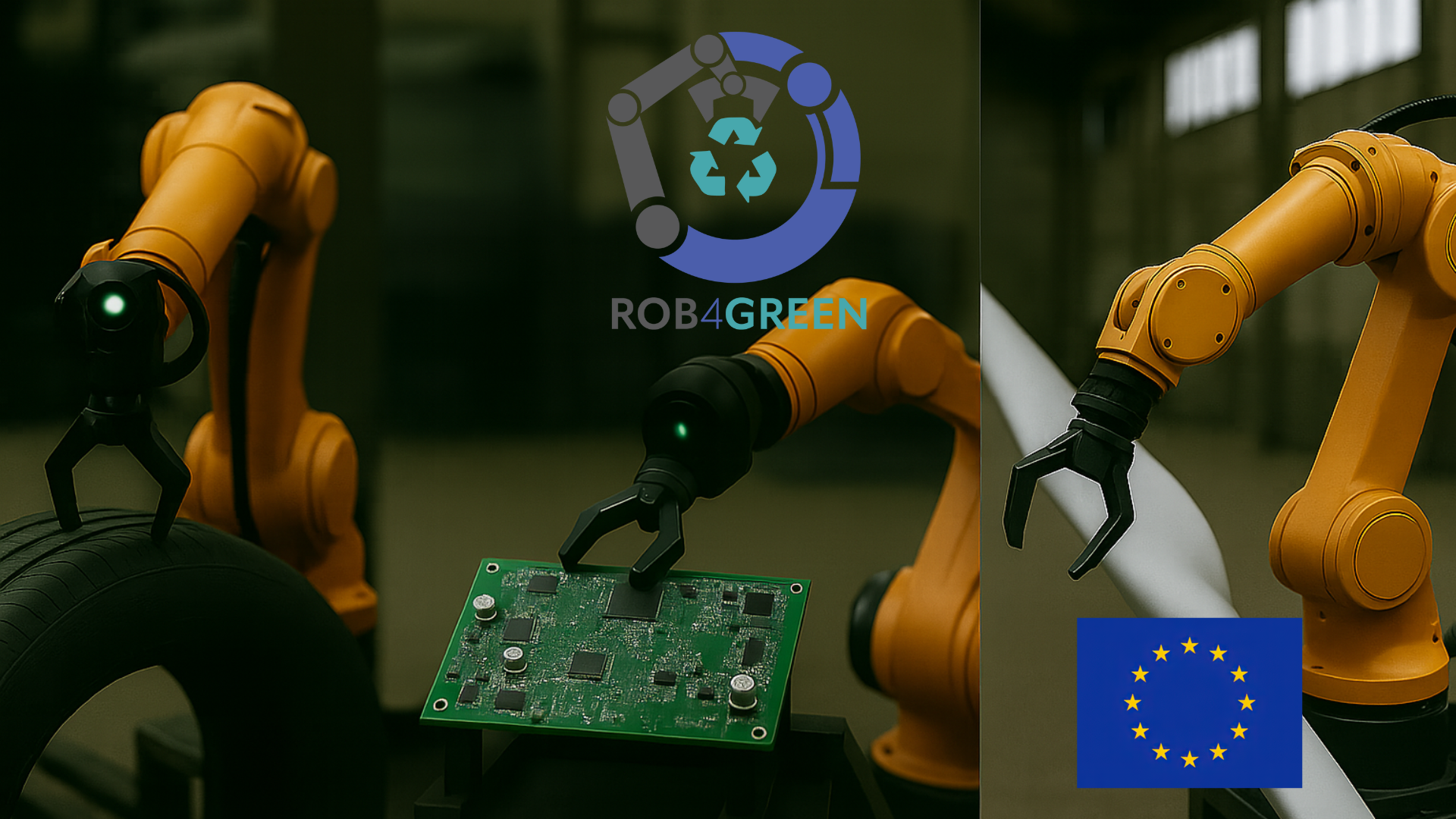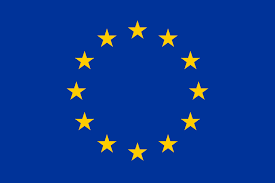Smarter Vision, Greener Future: AI Robotics in Remanufacturing
Robots are expected to contribute to remanufacturing and recycling, helping us move closer to achieving ambitious sustainability goals. Yet, current robotic systems often struggle to truly understand what they see, especially when it comes to recognizing and sorting various end-of-life products, identifying defects, or analyzing material composition. As a result, today’s recycling efforts remain more manual, less efficient, and prone to human error.
What if robots could perceive the world like we do, or even better?
Not just detect shapes or scan barcodes, but perceive an object’s materials, condition, and disassembly potential, much like a trained expert.
ROB4GREEN's perception solution, led by LMS, introduces AI-driven sensing and object recognition technologies that enhance the ability of robots to diagnose, categorize, and handle end-of-life products.
“ROB4GREEN’s AI vision empowers robots to precisely identify materials and assess product conditions, making recycling easier and more efficient than ever before.”
The secret behind ROB4GREEN’s envisioned perception system is leveraging AI algorithms, which intelligently interpret complex sensor data to gain deeper insights. By fusing information from RGBD cameras, ultrasound sensors, 3D laser scanners, and Near-Infrared technologies, these algorithms can support the system’s decision making and cognitive handling of components.
One of their strengths is interpreting subtle product characteristics. In tire recycling, for example, the algorithms intend to distinguish between genuine defects, like cuts or blisters, and standard prefabricated grooves, a task simple for humans but traditionally challenging for robots. In electronics recycling, the AI recognizes individual components on PCBAs, enabling robots to reference databases and accurately determine which components are worth dismantling and reusing, a feature that is now only possible through highly skilled workers. In the case of wind turbine blades, the system aims to identify material layers and segment the structure based on composition and geometry, which are critical insights for planning safe and selective dismantling.
Beyond identification and classification, these algorithms assess the condition of each product, enabling informed decisions about recycling or remanufacturing pathways. By comprehending product conditions and materials, ROB4GREEN’s perception technology creates accurate digital representations, unlocking the potential for advanced remanufacturing and recycling processes.
"Accurate perception and understanding by robots open the door to precise digital environments, transforming re-manufacturing into a highly efficient and sustainable process. "

Nikolaos Theodoropoulos, Research and Development Engineer, LMS, University of Patras.
Nikolaos Theodoropoulos is a research and development engineer specializing in Robotics and Automation at the Laboratory for Manufacturing Systems and Automation (LMS). He holds a degree in Electrical and Computer Engineering from the University of Patras, where he established a solid foundation in computer science and electrical engineering. Driven by a passion for technological innovation, Nikolaos focuses his research on AI-driven optimization of manufacturing processes, the development of computer vision algorithms for robotic applications, the design and refinement of digital twins, and the implementation of advanced control algorithms and hardware interfaces for robotic systems. His research findings are regularly shared through scientific publications.



